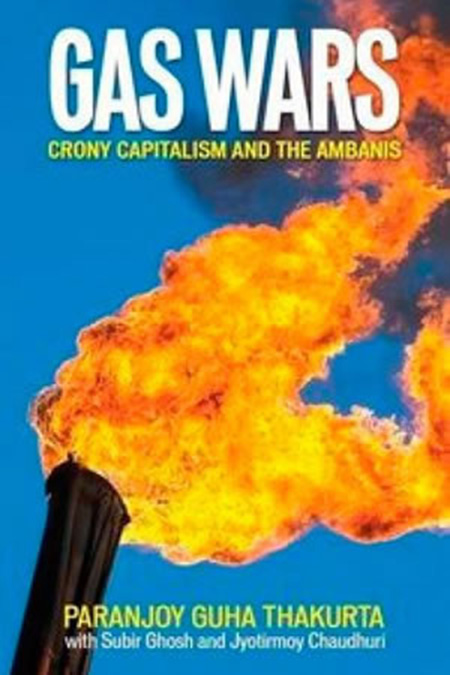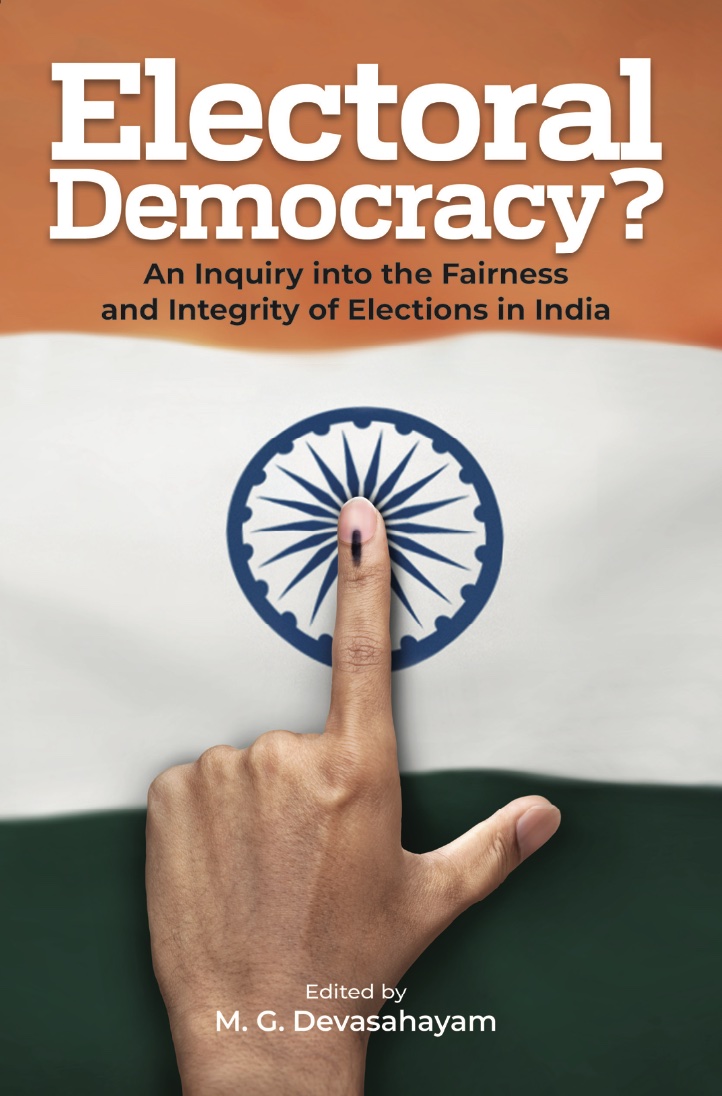After a humiliating defeat in Bihar, the BJP led by Prime Minister Narendra Modi has no option but to become more conciliatory towards its political opponents. While adopting a consensual approach rather than a confrontationist one, the party will have to keep its flock together by periodically placating hardcore Hindu nationalists in the Sangh Parivar, the family of organisations led by the Rashtriya Swayamsevak Sangh. This is the big challenge before the BJP. When out of power, the fact that different constituents of the Parivar speak in different voices confuses the BJP’s political adversaries. When in power, the varying views that are expressed reflect the deep divisions in what was once described by Lal Krishna Advani as the “party with a difference”. The bigger problem with the “party with differences” is that the formation of factions is a consequence of infighting over spoils of power.
The devastating critique of the BJP’s performance in Bihar put out by Mr Advani, Murli Manohar Joshi, Shanta Kumar and Yashwant Sinha in the company of Arun Shourie and K.N. Govindacharya may be dismissed as cribbing by a bunch of disgruntled “angry old men” who have been denied plum posts. But the “elders” hit hard when they accused Mr Modi and his faithful followers of not merely trying to evade responsibility for their role in the party’s losses in Bihar but that the “principal reason” for the electoral defeat was the “way the party has been emasculated in the last year” and “is being forced to kow-tow to a handful, and how its consensual character has been destroyed”.
Inner-party factionalism will undoubtedly intensify unless the Prime Minister, BJP president Amit Shah and finance minister Arun Jaitley change their style of functioning. If they continue to be seen as arrogant and unwilling to listen to those who disagree with them, the going will not be smooth. There is an even more pressing reason why the triumvirate will have to come down from the high pedestal on which they are presently perched. After Bihar, the possibility of the BJP coming anywhere close to a majority in the Rajya Sabha seems rather remote. This means that if Parliament has to function and if new legislation is to be enacted, the leaders of the BJP will have to interact with its political rivals in a far more accommodative manner. It may seem ironical that such a situation should transpire at a time when the Congress and the Left are both weaker than they have ever been.
Given the complex and indirect way in which members are elected to the Upper House of Parliament, no amount of fulmination at the alleged “tyranny of the unelected” (to use Mr Jaitley’s infamous phrase) will change the reality on the ground. The first test of the ruling party’s ability to build political consensus on an economic policy issue will come during the passage of the bill to initiate a common goods and services tax (GST) across the country. The bill should be passed if the government accepts the views of the Opposition and Mr Jaitley does not dismiss their suggestions as “preposterous”, the way he has. If the outcome of the Bihar elections had been different, it seems unlikely that Mr Modi would have invited Sonia Gandhi and Manmohan Singh for tea and samosas. He may still have made the nice noises he did when he replied to the discussion on the country’s Constitution. Mr Modi has three-and-a-half years ahead of him to try and fulfil the many promises he made — most of which are just not going to be possible.
What then are the options before him? Is raising jingoistic sentiments against Pakistan and China the only way ahead to refurbish his sagging image as a “tough” and “decisive” leader? He has spent two and a half months out of the 18 months he has been in power travelling across the globe. Foreign policy is much more than inviting investors to come to the country or receiving “rock star” treatment from his loyal non-resident suppor-ters. The first major foreign policy failure of this government has been the sharp rise in anti-India feelings in Nepal, one of the first countries he visited as Prime Minister.
The biggest headaches that lie ahead for Mr Modi relate to keeping the hard-liners in the Parivar from getting excessively aggressive. He hopes the bosses of the RSS based in Nagpur will help him in this effort. However, it’s their decision to appoint third-raters to head the Central Board of Film Certification and the Film and Television Institute of India played a role in galvanising protests by intellectuals who the leaders of the BJP love to hate. Sycophants like Pahlaj Nihalani can prove to be embarrassing. It will take a while for levels of corruption to touch the peaks it did during the United Progressive Alliance government. But even if instances of big-ticket corruption are less evident over the last year and a half, petty corruption and extortion continues.
Mr Modi’s silence after the Dadri incident was deafening. He should realise that that single episode did more to damage his credibility as the tallest leader of the world’s largest democracy than all the trips he has made to some two dozen countries put together. Even a section of the country’s capitalists, who usually act subservient before powerful politi-cians, had to remind Mr Modi that there cannot be sustained economic growth without social harmony. Perhaps never since the Emergency has so much power been concentrated in the hands of so few. The limitations of blindly following the so-called Gujarat model of governance is evident to all but the most ardent of Modi bhakts. Mr Modi remains a polarising personality. You love him or you hate him. One is yet to meet a person who is indifferent to him.


